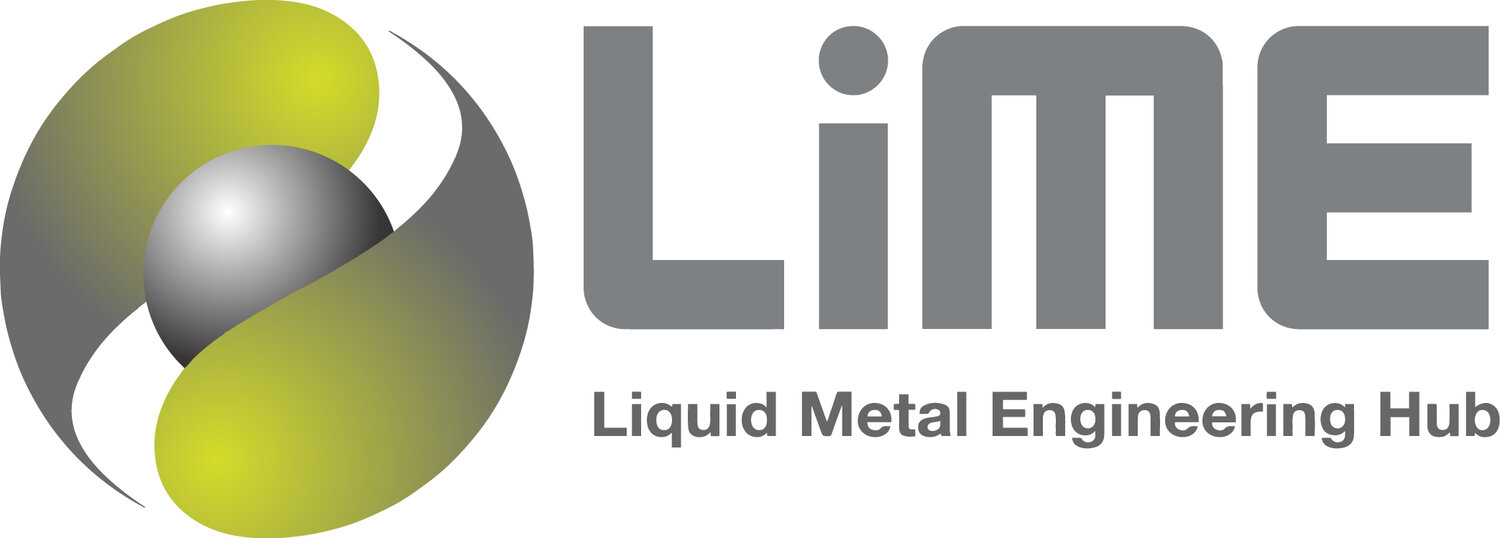FLAMINGo: Direct Chill (DC) Cast and Extrusion Lightweight Aluminium Metal Matrix Nanocomposites
Applications are invited for the FLAMINGo: Direct Chill (DC) Cast and Extrusion Lightweight Aluminium Metal Matrix Nanocomposites PhD studentship, commencing 1st October 2021. Successful applicants will receive an annual stipend (bursary) of £15,609, plus payment of their full-time tuition fees for a period of 36 months (3 years). To obtain the full scholarship you must be eligible for home/UK tuition fees. International students may apply but will only be eligible for tuition fees and must be able to demonstrate that they can finance their living costs.
The Project
The FLAMINGo Project is an EU Horizon 2020 project that involves 10 partners (including Constellium and Alke) located throughout Europe. The successful applicant will join Dr Brian McKay and other internationally recognised researchers at BCAST (Brunel Centre for Advanced Solidification Technology) and will work on the development of DC cast aluminium nanocomposites.
This project is focused on developing aluminium metal matrix nanocomposites (Al-MMnCs) with elevated strength, stiffness, and other physical properties, compared to current Al alloys used in the automotive industry. The project will also provide engineering solutions to substitute steel components in electric vehicle (EV) automotive parts in order to achieve weight reductions. The properties of Al can be significantly changed with the selective addition of nano-reinforcements which will be explored in further detail.
The associated work will involve the optimization of the DC casting process, and evaluation of properties and microstructure examinations of the resultant Al-MMnCs castings and extrusions.
Please contact Dr Guangyu Liu at guangyu.liu2@brunel.ac.uk to arrange an informal discussion about the project.
Eligibility
Skills and Experience
Applicants will be required to demonstrate experience in Materials Science, Metallurgy and Materials Characterisation. You should be highly motivated, able to work in a team as well as independently, collaborate with others and have good communication skills.
The project requires you to produce a written thesis, independently critically appraise data and orally present results. You should have an inquisitive mind and a keen desire to learn more about the topic.
Academic Entry Criteria
You will have or be expected to receive a 1st class or 2:1 honours degree in Mechanical, Structural or Liquid Metals Engineering or a similar discipline. A masters degree is not required but may be an advantage.
If applicable, you should hold an English Language proficiency qualification of or equivalent to an overall score of IELTS 6.5 (minimum 6.0 in all sections).
How to apply
Please submit the documents below to cedps-pgr-office@brunel.ac.uk by Noon on Friday 27th August 2021.
Your up-to-date CV;
Your 300 to 500 word personal statement summarising your background, skills and experience;
Your Undergraduate/Postgraduate Masters degree certificate(s) and transcript(s);
Your English language qualification, if applicable;
Contact details for TWO referees, one of which can be a member of Brunel University academic staff.
Please remember to add the project title in the subject of your email.
Meet the Supervisor: Dr Brian McKay
Dr Brian McKay is currently a senior lecturer in BCAST at Brunel University. Prior to this he was a university assistant at the Institute of Casting Research (ICR), University of Leoben, Austria (2003-2009) and a research fellow at UMIST (2003). He obtained his DPhil from Oxford University, MSc from The Queen’s University of Belfast and BEng from the University of Ulster.
He has over 20 years’ experience in solidification research with 1 Patent on novel metal composites (UK Patent No. 1714401.5), 1 trademarked product (Basaltium), and over 30 papers and two co-edited monographs published in the field. His main expertise lies in the fields of castings, composites, interfaces, coatings, and their characterisation using advanced electron microscopy techniques. Whilst his research interests in the past have been centred on understanding heterogeneous nucleation during solidification, these interests now also include Metal Matrix Composites/Nano-composites, Powder Metallurgy and Electroplating. Over the past 9 years Brian has been involved in 11 successful grant awards totalling ~£30M. He is currently PI on a new €11M Horizon 2020 project LightMe, was the Co-ordinator and PI of a €1.6M EU-FP7 grant, HardAlt, involving 12 partners from 6 countries that focused on finding an alternative nano-composite coating for Hard Chrome, a CoI on the £4.5M EPSRC - LiME grant that investigated solidification mechanisms, PI on the £150k “Characterization and Processing of High Thermal Conducting Al-MMCs” grant sponsored by the Korean Institute of Technology (KITECH) that examined the potential of CNT MMCs for High Power Light emitting Diodes (HPLeD’s), PI on the £300k STORM Innovate UK/EPSRC in which a new composite Al core was produced for offshore marine energy mooring connectors and Co-I on the £10M EPSRC Manufacturing Hub grant. He is a Fellow of the Higher Education Academy and Institute of Cast Metal Engineers and has sat on the Technical/Educational Board of the latter as an adviser since 2012. In addition he is a member of the EPSRC Peer Review College and an Associate Editor of the International Journal of Cast Metal Engineers. Over the years Brian has collaborated with many companies including, LSM, BMW, Alcoa and Alcan. He has given several invited presentations throughout Europe and in 2006 he received a TMS Magnesium Application Award for his work in nucleation and more recently has been a recipient of the Rushlight Responsible Product or Service Award 2017-18 for the STORM connector.
